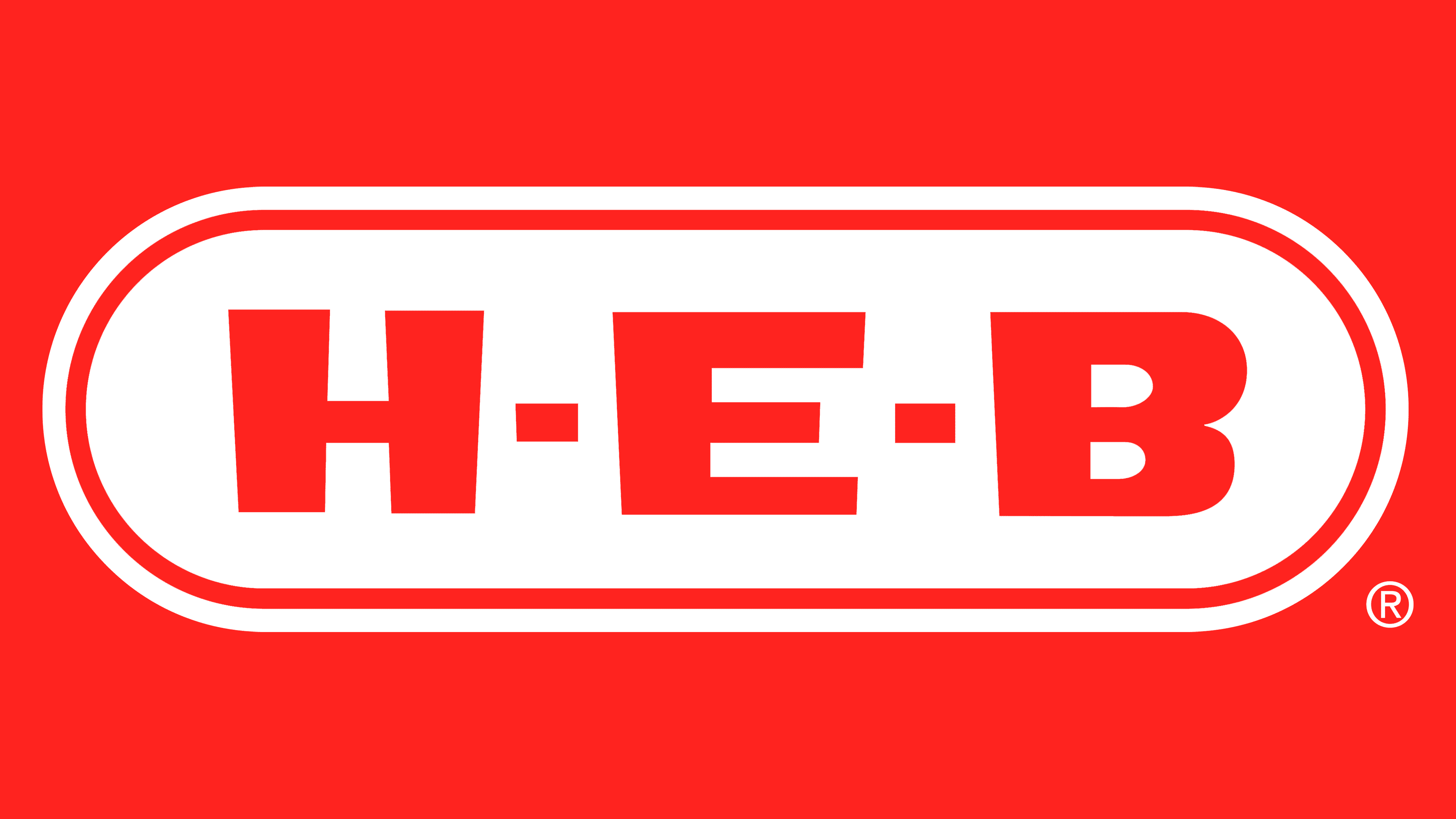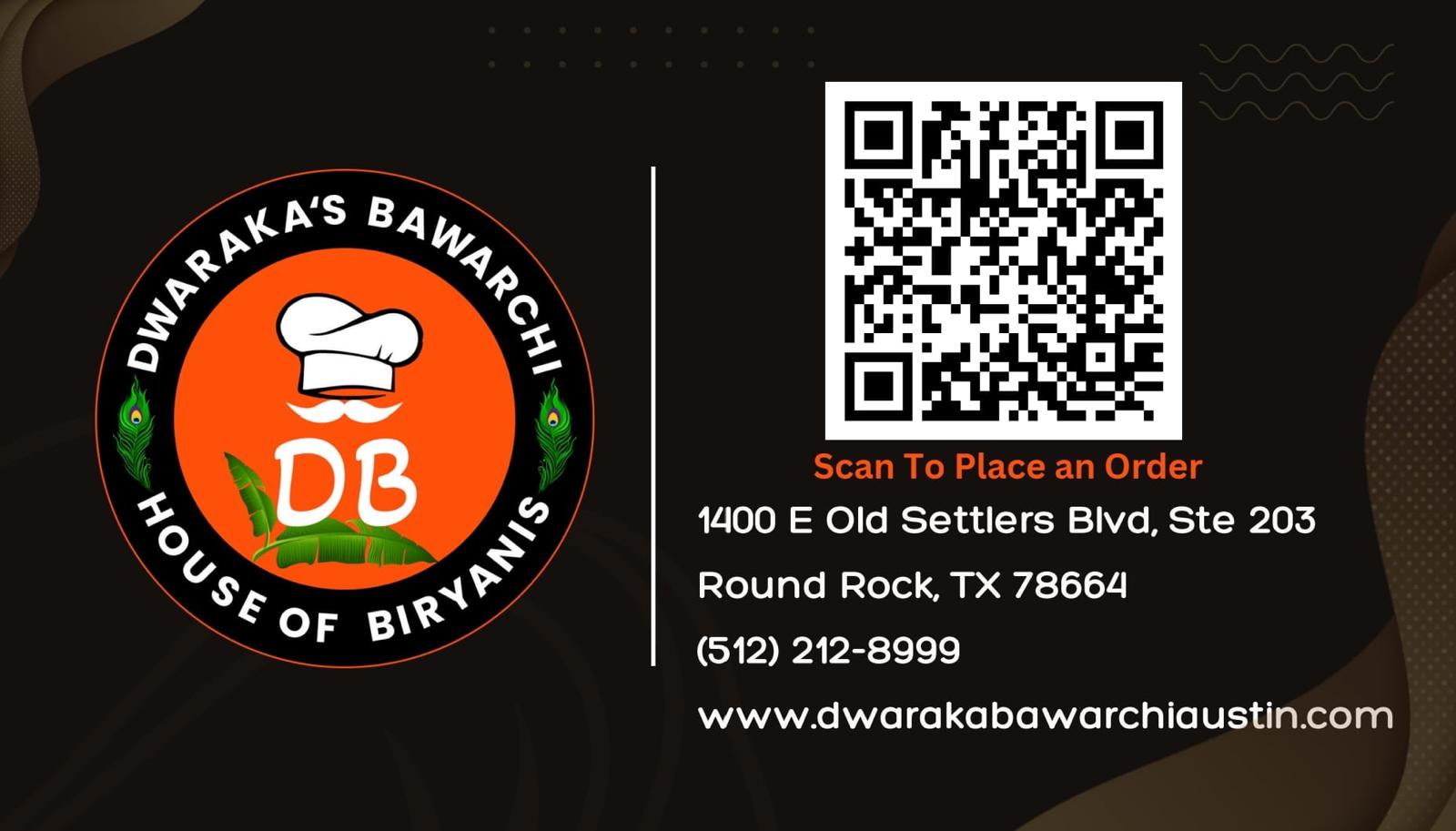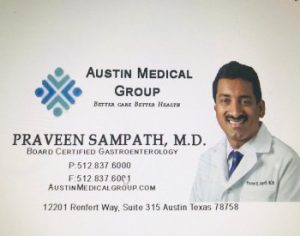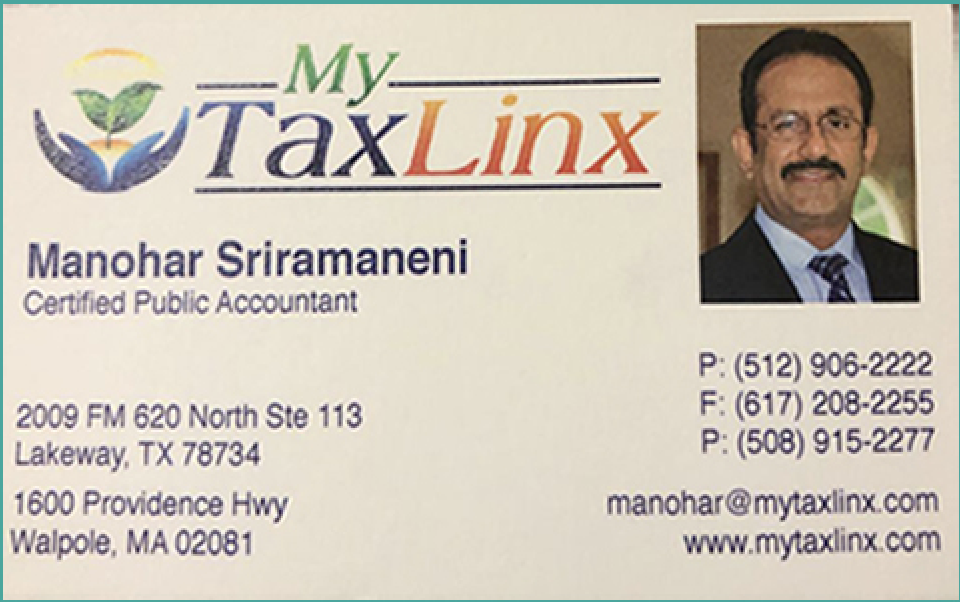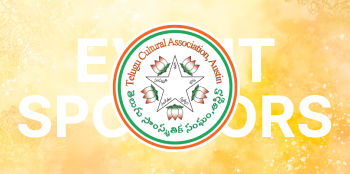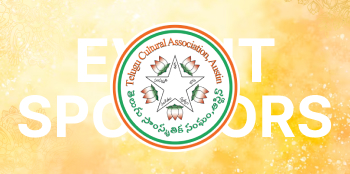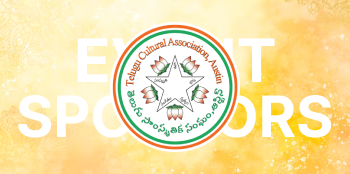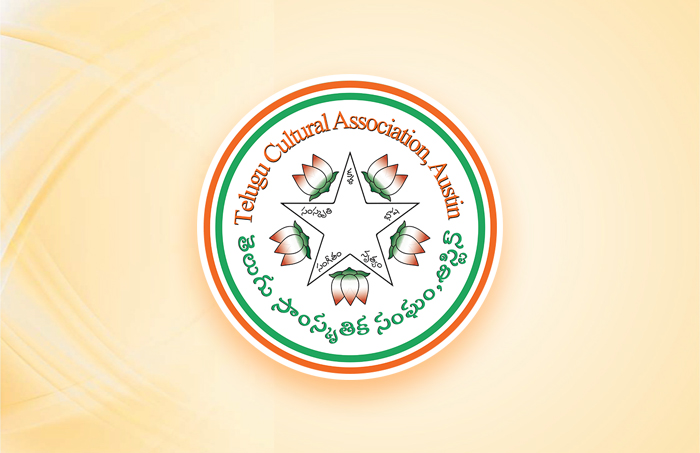







News & Updates
About TCA
About TCA:
Austin was more an ‘Educational and State Government City’ during the 1960’s and 1970’s. There were less than 20 to 30 Indian and about 3 to 4 Telugu speaking families at that time, mostly employed by the University of Texas and the Texas State Government with a few employees in Technology companies such as Texas Instruments, IBM, Motorola and other smaller companies.
By early 80’s Austin’s Indian population grew up to about 80 to 100 and Telugu population to about 10 to 12 families that included students from the University of Texas. We used to meet on Samkranti, Ugadi and Deepavali festival days with potluck dinners in one of our apartments or houses. Attendees used to be not only the Telugu speaking friends, but some Tamil, Kannada and a few North Indian friends too. There used to be a lot of singing of songs and some games as entertainment during that time.
As the Telugu population grew to about 15 to 20 families, that included the nearby cities such as San Antonio and Temple by mid-eighties, we started organizing some Telugu stage programs. One more reason for that was, the India Cultural Center (ICC) at that time did not allow any non-Hindi items during their yearly stage programs celebrating the festival of Deepavali.
We, the Telugu community members of that time, started stage programs in the University Married Students Gateway Apartments Common Hall and afterwards in the Andeson Mill Sub-division MUD Hall. We transformed those big rooms into theaters by constructing a removable stage, props and curtains, leased sound systems etc. and celebrated two program a year (one for Ugadi and one for Deepavali) starting from 1985 to 1989. We presented several cultural items such as folk, movie and classical dances, movie and classical songs and playlets/dramas. We staged dramas (silent or mime plays, as well as social and hilarious one act dramas and solo actor pouranik scenes), some comedy skits etc. They were so well received and successful that we proposed and agreed to form a formal Telugu Samskritika Sangham (Telugu Cultural Association) during the 1989 Deepavali Program.
A team of people that included Ranga Rao Vemuganti, Satyam Mandapati, Ramarao Banda, Hari Madduri, Rama Sastry Madduri and SS Rao was formed to develop the structure, operational agenda and all the required documentation for registering it as a formal Cultural Organization. We used to meet in the Little Walnut Creek Library on Lamar for several Sunday afternoons, went through many iterations of the documentation, and developed the first draft of the TCA Constitution and By-laws. Naturally that was revised many times per the changing requirements and continual improvement over time to make it better.
Soon after completing the initial documentation and registration, we conducted the first General Body Meeting with our larger group of Telugu members and formally approved the constitution and the by-laws. We also elected the first Executive Committee of TCA 1990 during our 1990 Samkramri program.
That was when the TCA was born as an officially registered organization in 1990.












